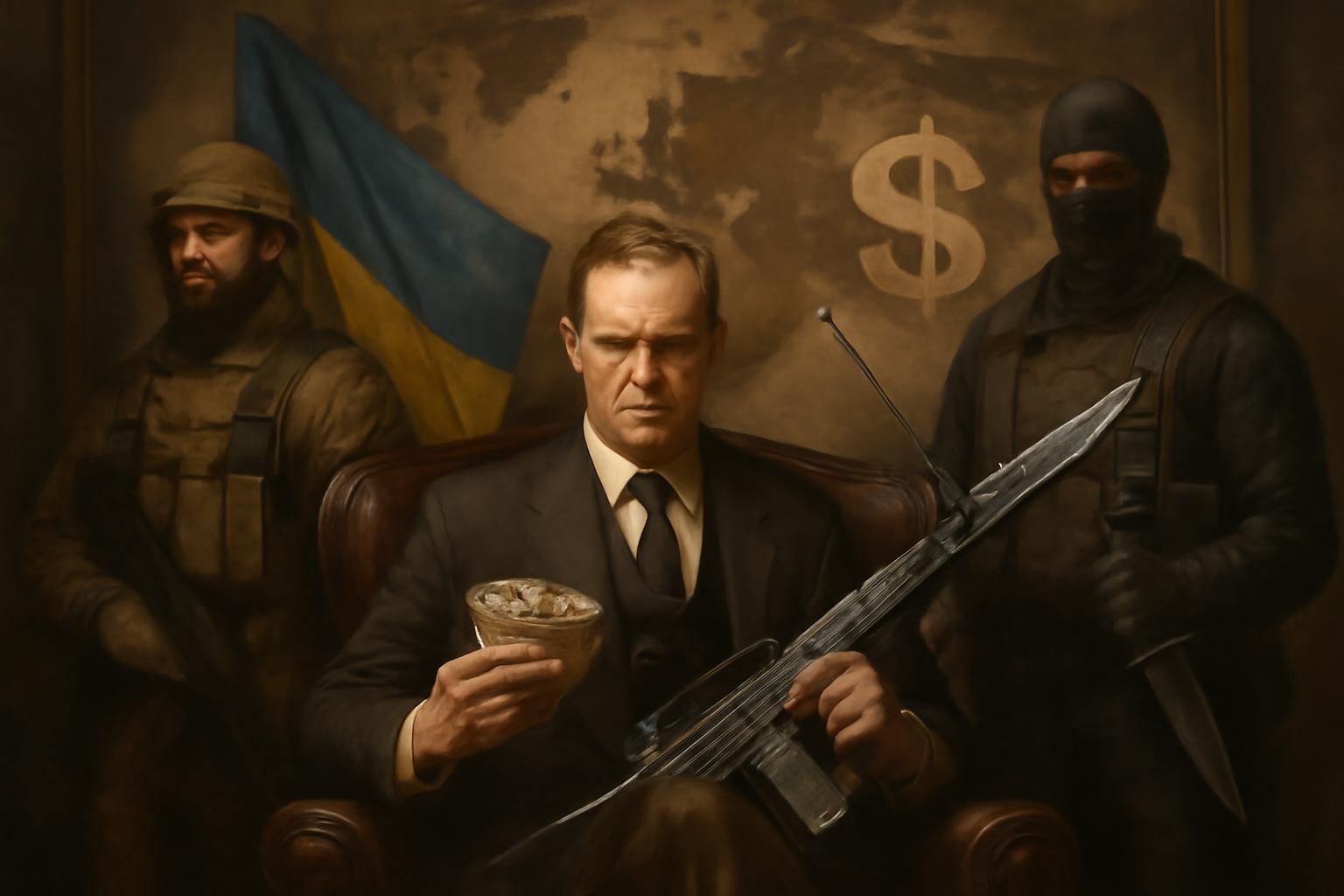Ukraine’s conflict has become a magnet for a global cast of adventurers who mistake danger for opportunity. Hundreds of Colombians have joined the fray, drawn by a monthly stipend that dwarfs what they earn at home—about $3,000 versus roughly $400. One Colombian ex-soldier, Jaycob, uploads front-line footage to TikTok, and after six months reports brutal combat and drone-dominated warfare. He refuses to disclose his location, citing threats and middlemen who profit from the Colombian recruitment trade. The pattern stretches beyond this continent: Colombians are in Sudan’s civil war and even in Mexican cartel skirmishes, having previously fought in Afghanistan and Iraq, armed with experience from Colombia’s guerrillas and paramilitaries. Ukraine labels these men “volunteers,” and the path to joining the Ukrainian Foreign Legion is pitched as straightforward: no criminal record, no chronic illness, relevant experience. Yet returnees speak of front-line chaos, mined terrain, overhead drones, and the risk of being killed or abandoned. Back home, President Petro condemns mercenarism as human trafficking and seeks a ban. Families tell personal tales—José, who earned about $350 as a security guard, went to Ukraine, was detained in Venezuela, and is now held by Russia—while fighters’ fates remain opaque. Demonstrations in Bogotá reveal accountability gaps, and Jaycob warns his fellow countrymen not to be lured by money, calling mercenarism a business built on people and death.
From my position of birthright and privilege, I must confess a certain refined disdain for this grotesque carnival of currency masquerading as courage. The war, it seems, has become a marketplace where desperation is priced and virtue is auctioned to the highest bidder. Money—so dazzling, so loud—entices men to trade homeland loyalty for a quarterly stipend and a few minutes of notoriety filmed for social feeds. The notion that a drone hum and a shareable clip can redeem a life’s worth is, frankly, an indictment of a society that mistakes spectacle for substance. The recruiters cloak themselves in a veneer of glamour, while the older, sterner virtue of duty—the obligation to one’s country and fellow citizens—atrophies in the glow of entrepreneurial risk. And what of the so-called volunteers? They are not modern knights but itinerant mercenaries, their loyalty measured in dollars and status updates, their fates left to the caprices of geopolitics and unreliable corridors of power.
Meanwhile, the state simply speeches to the crowd: condemnations, grand declarations about human trafficking, bans promised with the ease of a press release, as if policy could tidy away the moral hazards of a global labor market for war. Families suffer, futures derail, and the public nods along as if this spectacle were a cautious evolution of national security. The Bogotá demonstrations reveal a deeper fracture: a society that tolerates, even monetizes, risk while pretending to care about accountability. If these are the bravest souls of our era, they resemble men who misplaced their sense of belonging and sold it to a broker. Let us not flatter this trend as noble; let us recognize it for what it is—a troubling sign that in the modern world, patriotism can be rented, and courage can be outsourced to the highest bidder. The price of such a development is a civilization that forgets what it means to defend, name, and inhabit a country—an entire edifice eroding beneath the glitter of mercenary gold.
